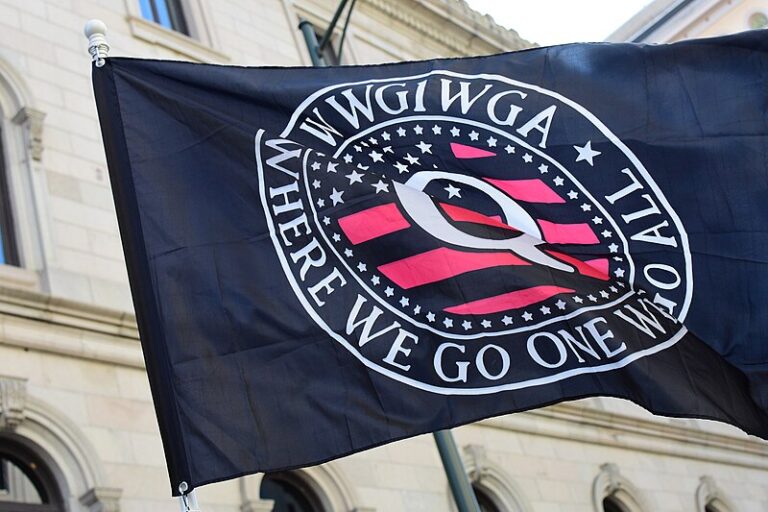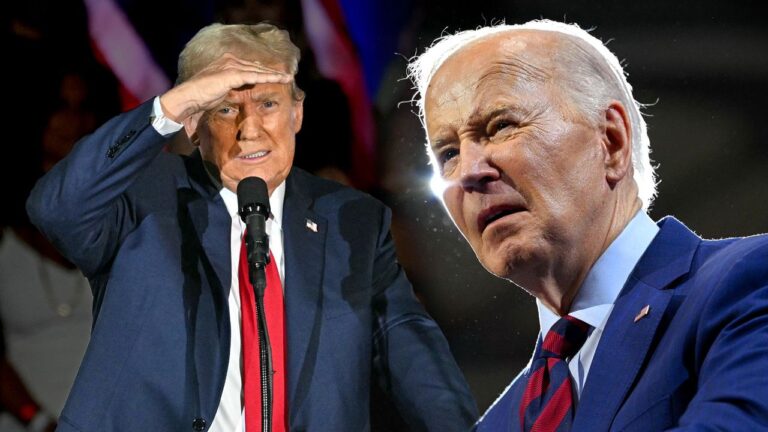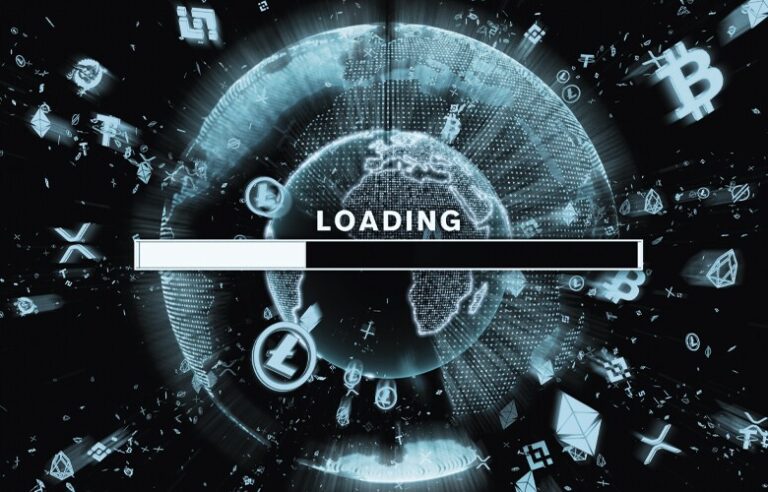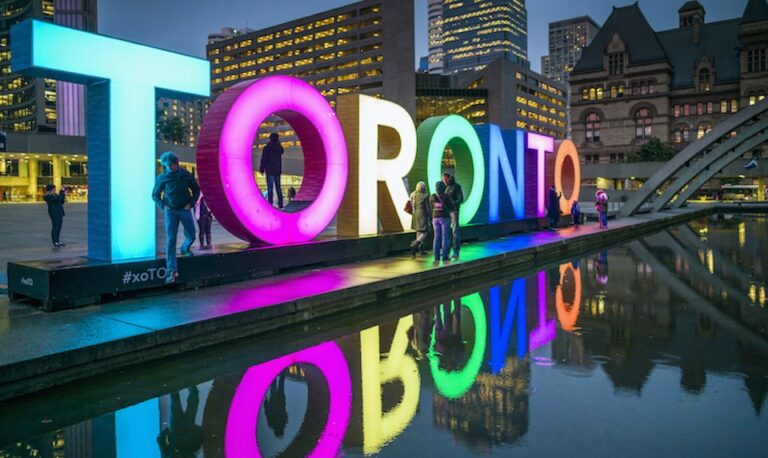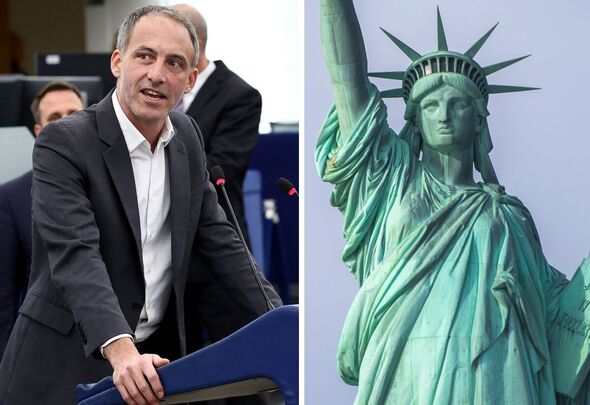
In an unprecedented move that has sent shockwaves through international diplomatic circles, France has officially demanded the return of the Statue of Liberty, claiming that the United States no longer upholds the values the monument represents. This bold assertion has ignited a fierce debate, raising questions about the current state of US-France relations and the symbolic significance of this iconic statue.
The Bold Declaration
The controversy erupted when Raphaël Glucksmann, a prominent French Member of the European Parliament, publicly called for the United States to “give us back the Statue of Liberty.” Glucksmann accused the US of abandoning the principles of freedom and democracy that the statue embodies, stating, “We gave it to you as a gift, but apparently you despise it. So it will be just fine here at home.”
Glucksmann’s remarks were made during a political convention of his party, Place Publique, where he criticized the US for siding with tyrants and undermining scientific freedom. He argued that recent actions by the US government contradict the ideals symbolized by Lady Liberty, thus justifying France’s demand for its return
Historical Context
The Statue of Liberty, designed by French sculptor Auguste Bartholdi, was gifted to the United States by France in 1886. Standing at 305 feet tall and weighing approximately 450,000 pounds, the statue has long been a symbol of freedom and democracy. Its pedestal bears the famous inscription: “Give me your tired, your poor, your huddled masses yearning to breathe free.”
This monumental gift commemorated the centennial of the American Declaration of Independence and celebrated the enduring friendship between France and the United States. For nearly 140 years, Lady Liberty has stood as a beacon of hope and a testament to the shared values of both nations.
The Allegations
Glucksmann’s demand stems from his belief that the United States has strayed from the principles that the Statue of Liberty represents. He specifically cited the US administration’s decision to reduce support for Ukraine amidst its conflict with Russia, suggesting that America has chosen to “side with the tyrants.”
Furthermore, Glucksmann criticized the US for firing researchers advocating for scientific freedom, implying a crackdown on intellectual independence. He extended an invitation to these dismissed scientists, stating that France would welcome them, thereby reinforcing his argument that the US no longer values the freedoms the statue symbolizes.
Diplomatic Repercussions
The demand for the Statue of Liberty’s return has sparked a diplomatic firestorm. US officials have dismissed Glucksmann’s remarks as political grandstanding, asserting that the statue remains a cherished national symbol. However, the controversy has opened a broader discussion about the current state of US-France relations and the perception of American values on the global stage.
Some analysts view this dispute as a reflection of deeper geopolitical tensions. France’s dissatisfaction with US foreign policy decisions, particularly regarding alliances and support for democratic movements, has been simmering. The Statue of Liberty controversy has brought these issues to the forefront, challenging both nations to reassess their commitments to shared ideals.
Public Reaction
The public’s response to France’s demand has been polarized. In the United States, many citizens view the call as an affront to national pride. Social media platforms are abuzz with debates, with some Americans expressing outrage over the suggestion, while others acknowledge the need for introspection regarding the nation’s adherence to democratic principles.
In France, Glucksmann’s statement has garnered both support and criticism. Some applaud his boldness in holding the US accountable, while others argue that such demands are symbolic gestures lacking practical significance. The controversy has undoubtedly reignited discussions about national identity, international alliances, and the role of symbolism in diplomacy.
The Path Forward
While the likelihood of the Statue of Liberty being returned to France is virtually nonexistent, the controversy serves as a catalyst for important conversations. It highlights the need for nations to continually evaluate their actions against the ideals they profess to uphold. For the United States, this may involve reflecting on foreign policy choices and domestic actions that impact its global image.
For France, the demand underscores a desire to assert its position on the world stage and challenge allies to maintain shared values. The situation also presents an opportunity for both countries to engage in dialogue, address grievances, and strengthen their partnership based on mutual respect and commitment to democratic principles.
Conclusion
The demand by France to reclaim the Statue of Liberty is more than a sensational headline; it is a symbolic critique of perceived deviations from core values. Whether one views Glucksmann’s call as a legitimate grievance or political theater, it undeniably prompts reflection on what the Statue of Liberty represents and how nations honor the ideals it embodies.
As the debate unfolds, it serves as a reminder that symbols like Lady Liberty carry profound significance. They are not merely monuments but embodiments of collective aspirations for freedom, democracy, and hope. Ensuring that actions align with these ideals is a responsibility that both France and the United States must continually strive to uphold.
